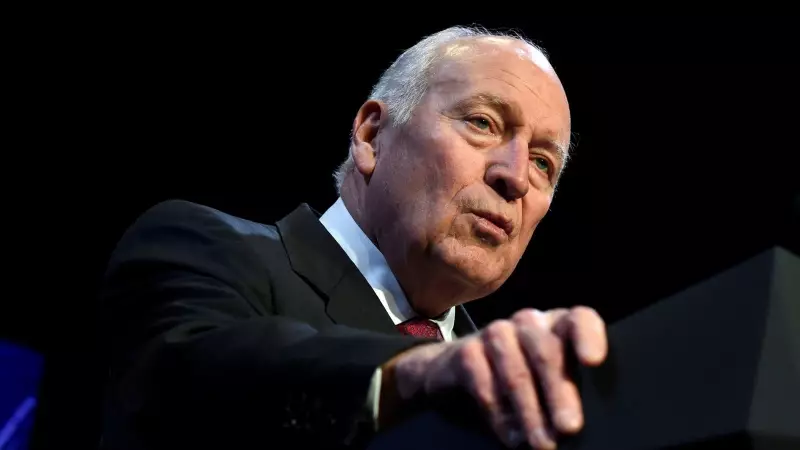
Richard Bruce "Dick" Cheney, one of the most influential and consequential Vice Presidents in American history, has passed away at the age of 84. The news of his death marks the end of an era in US politics, particularly for the Republican party where he remained a significant figure long after leaving office.
A Political Career Spanning Decades
Cheney's political journey was remarkable in its longevity and impact. Before serving as Vice President from 2001 to 2009 under President George W. Bush, he had already established himself as a Washington insider with extensive experience. His resume included serving as White House Chief of Staff under President Gerald Ford, Congressman from Wyoming, and Secretary of Defense under President George H.W. Bush during the Gulf War.
Architect of Post-9/11 America
Cheney's tenure as Vice President was defined by the September 11 attacks and their aftermath. He became known as a chief architect of America's response, advocating for robust executive powers and playing a key role in shaping US foreign policy. His influence extended to the decision to invade Iraq in 2003 and the development of counterterrorism strategies that continue to spark debate among policymakers and historians.
Complex Legacy and Health Challenges
Throughout his later years, Cheney faced significant health challenges, including multiple heart attacks that began when he was only 37 years old. He underwent heart bypass surgery and eventually received a heart transplant in 2012 at age 71. Despite these health struggles, he remained active in political commentary and authored his memoir, offering his perspective on the Bush administration's most critical decisions.
Cheney's legacy remains deeply polarizing—celebrated by some as a stalwart defender of American security and criticized by others for his aggressive approach to executive power and foreign intervention. His passing closes a significant chapter in American political history, particularly for the neoconservative movement he helped define.





